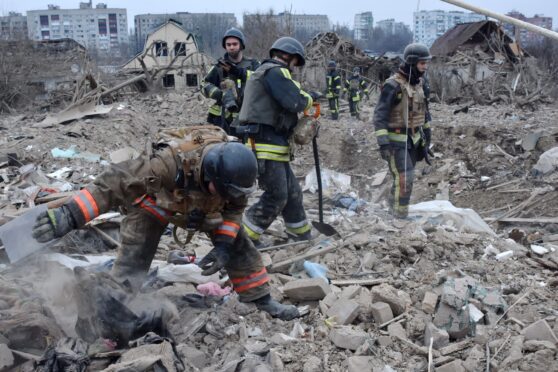
Russia has ramped up attacks on Ukrainian cities in recent weeks, completely destroying several power stations and killing civilians with bombs, drones and missile strikes in scenes reminiscent of the full-scale invasion two years ago.
Ukraine’s drastic shortage of air defence and ammunition has left cities vulnerable – nowhere more so than Kharkiv, located just 18 miles from the Russian border. Top Ukrainian officials have gone so far as to warn that Putin may be gearing up for a renewed assault on the north-eastern city, which his forces failed to seize in 2022.
Nearly all power-generating capacity in Kharkiv has been destroyed since March 22 when Russia started targeting energy infrastructure again. The city, still home to 1.3 million people, woke to the sound of 10 missiles hitting a power station early on Thursday morning; at the same time a huge thermal power plant near Kyiv was left in ruins.
President Volodymyr Zelensky voiced fears this week that a new Russian offensive could target Kharkiv, adding: “We are doing everything we can to prevent that from happening.”
On Tuesday, he inspected the deep fortifications dug to the north of the city, calling once more for US aid to restart – warning his country would “lose the war” if the Congress in Washington DC continues to block a $60 billion aid package.
Kharkiv frontline
When Russian troops attempted to seize Kharkiv in early-2022 they were repelled by fierce resistance and resorted to squatting on the outskirts, shelling the city relentlessly until the Ukrainian counter-offensive of that autumn pushed them back. But the city is no stranger to invaders: between 1941 and 1943, it saw fierce battles between Soviet and Nazi armies and changed hands no fewer than four times.
“The terrain here is hilly and easy to protect,” said Nataliya Zubar, a Kharkiv activist and chairwoman of the human rights group Maidan Monitoring. The Russian offensive of 2022, she pointed out, repeated all the mistakes of the Second World War. In any case, Zubar stressed, she was not worried about a renewed assault on the city. “It would require a hell of a lot of military equipment, troops, personnel – and help from the inside,” she said.
Any kind of latent pro-Russian activity in Kharkiv has long since gone, Zubar added. Russia would meet only resistance.
There is, though, another worry: that Russia’s bombardment of Kharkiv is not a softening-up for occupation, but rather a reduce-it-to-rubble option, favoured by the Kremlin in Mariupol and also in Syria and Chechnya, when Moscow’s bomber planes razed Aleppo and Grozny to the ground.
Dr Alexander Clarkson, a lecturer at King’s College London, harbours the same fear. “The question is, what does Russia do if it begins to realise it can’t conquer all of Ukraine?” he said. “What else might they do if they can’t physically occupy space? Lay waste to it. Make it unworkable.”
Putin and those in his inner circle have openly discussed this tactic, referring to the creation of “sanitised zones” – buffer territory where it is no longer possible for people to live. This would be necessary, Putin said, to prevent the Ukrainian drone attacks that have been reaching ever further into the Russian interior, wreaking havoc on oil refineries in particular. “Give Kharkiv 48 hours’ notice before the city is destroyed,” as one Russian TV pundit phrased it.
“There’s an element of them trying to scare people out of Kharkiv,” said Clarkson. “We forget how important this city was to Ukraine’s pre-war political economy. If they can’t take Ukraine they’ll wreck it – and we’ve got to stop that.”
Such a ruthless tactic would, he said, “also serve as a signal to Belarus: ‘This is what happens if you defy us.’” Clarkson’s hope is that the “bonds of European integration” will prove stronger than Russia anticipated, though he thought the Kremlin had predicted “American flakiness” quite accurately. Diplomatic events of the past few days have perhaps backed his view, with the EU moving to approve billions in financial aid, the Netherlands pledging $1.5 billion, Slovakia supporting Ukraine’s EU membership bid, and more promises of help from the Baltic states, Romania and Poland. Little progress, though, on Washington’s stalemate.
‘We’re like hunted rats’
In Kharkiv’s northern district of Saltivka on Friday, Yulia Tomolenko recounted how she had made a rare foray into the city centre on Sunday, only to be greeted by the whistle of incoming bombs. She had run to take cover in a shop, hearing the boom, boom ring out close by.
She said: “Tons of kids in hysterics, and on Sunday, a church holiday, it just made me feel awful. And there’s no [air] defence.”
When the Sunday Post first met Tomolenko and her son, Misha, in early May 2022, they were hiding from the constant shelling in the labyrinthine basement of their apartment block. Misha, now 10, sometimes goes to Moldova to stay with relatives, but he has spent much of the past two years here in Kharkiv. There is no school – online study only – and little opportunity to play outside.
“We’re like hunted rats,” Tomolenko said bitterly. “We can’t go to the cinema or go for a bike ride somewhere. Suddenly there’s an explosion, or an air raid alert… It’s a game of roulette.”
Rumours of what Russia might be planning are everywhere: she has heard they could bomb bridges to cut the city’s supply chains. Current blackouts are manageable – but just a few days without drainage and sewage systems? “Everyone would leave.”
But rumours of Kharkiv’s perilous situation circulate in both Russian and Western press, making it hard to figure out what the truth might be.
The effect, though, is a very tense and bleak mood in the city.
The situation on the front is no less dire, with Ukraine outgunned and outmanned, and Russia making small but repeated gains. A long-discussed draft law on mobilisation was approved by lawmakers in Kyiv on Thursday, which will see the conscription age dropped from 27 to 25 and harsher punishments for draft-dodgers.
It’s not uncommon now to hear of men avoiding the metro stations, where they might be caught by police, Tomolenko told the Sunday Post. “Overall, it’s not a hopeful time. Europe doesn’t help, America doesn’t help, the soldiers are buying ammunition with their own money,” she said.
Still, she tries to make plans for the future. “I mean, damn it, we’re like anyone else, we still want to live. We make plans.” Tomolenko said. “Sooner or later, peace will come.”

Enjoy the convenience of having The Sunday Post delivered as a digital ePaper straight to your smartphone, tablet or computer.
Subscribe for only £5.49 a month and enjoy all the benefits of the printed paper as a digital replica.
Subscribe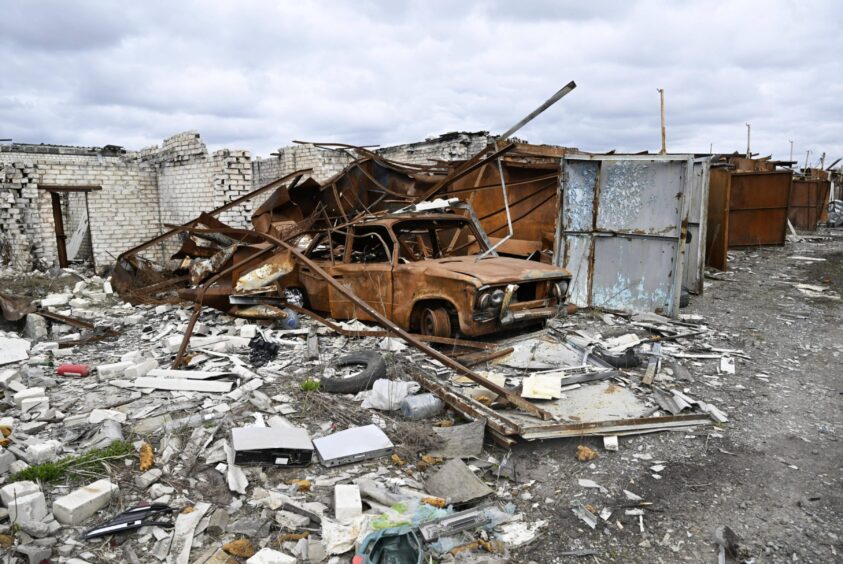 © Vesa Moilanen/LEHTIKUVA/SIPA/Shu
© Vesa Moilanen/LEHTIKUVA/SIPA/Shu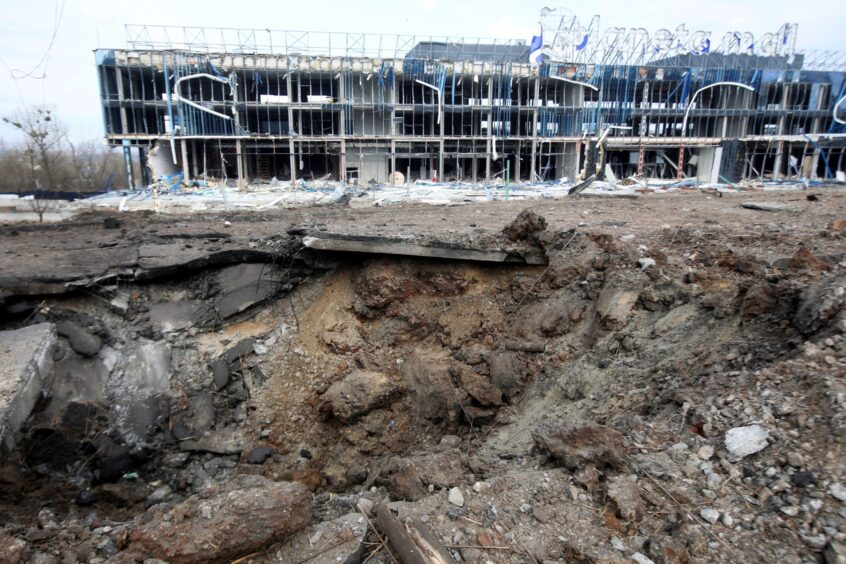 © Ukrinform/Shutterstock
© Ukrinform/Shutterstock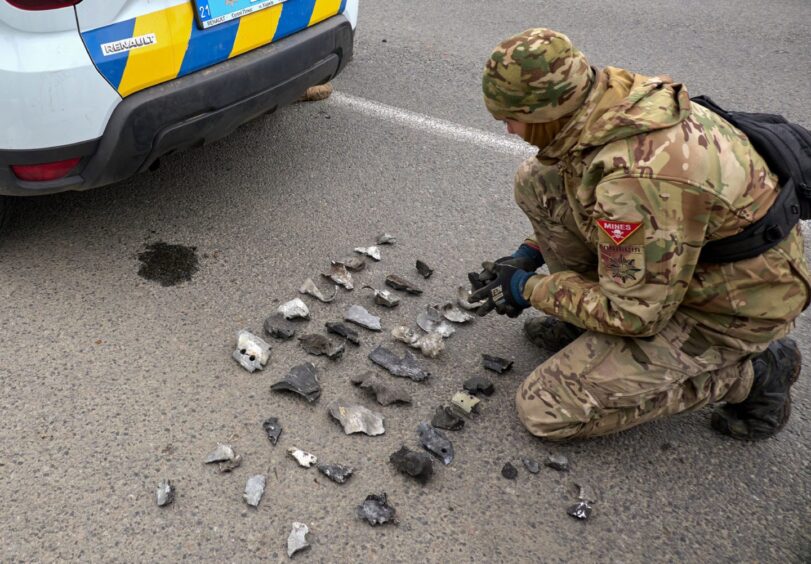 © SERGEY KOZLOV/EPA-EFE/Shutterstock
© SERGEY KOZLOV/EPA-EFE/Shutterstock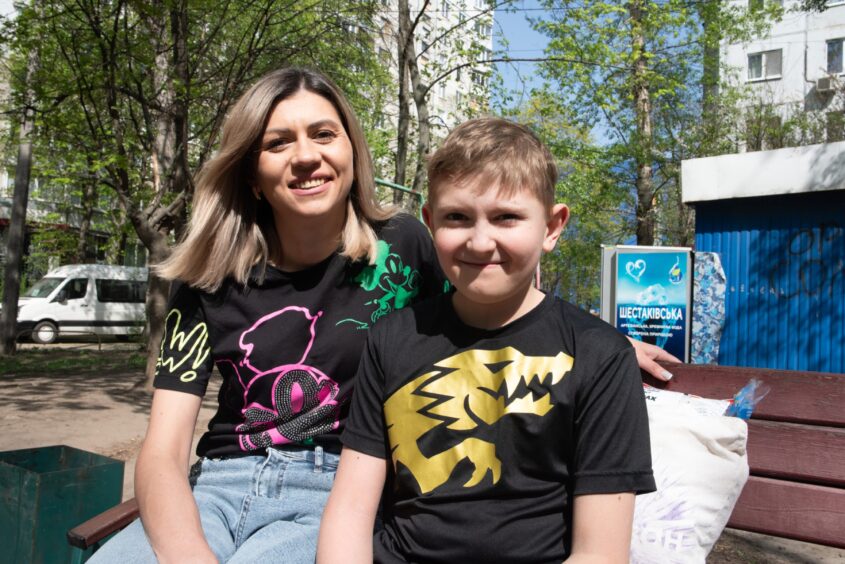
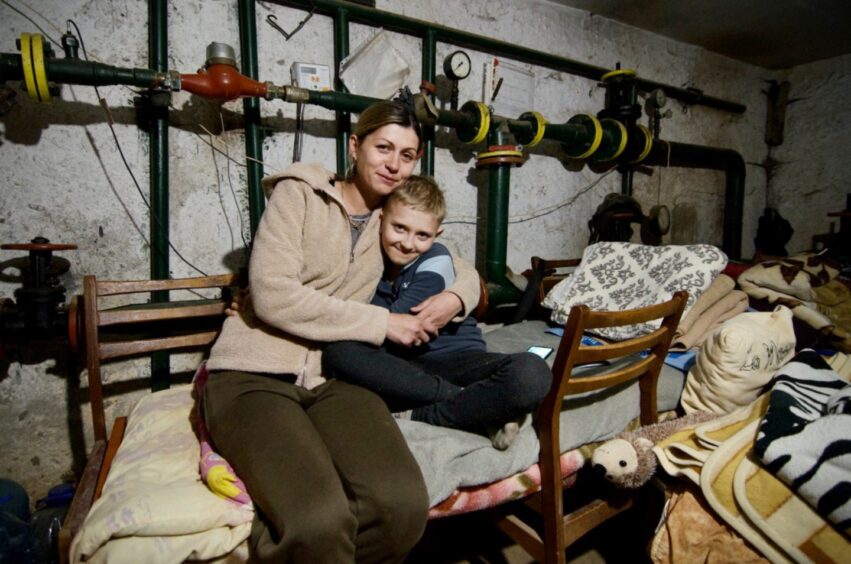
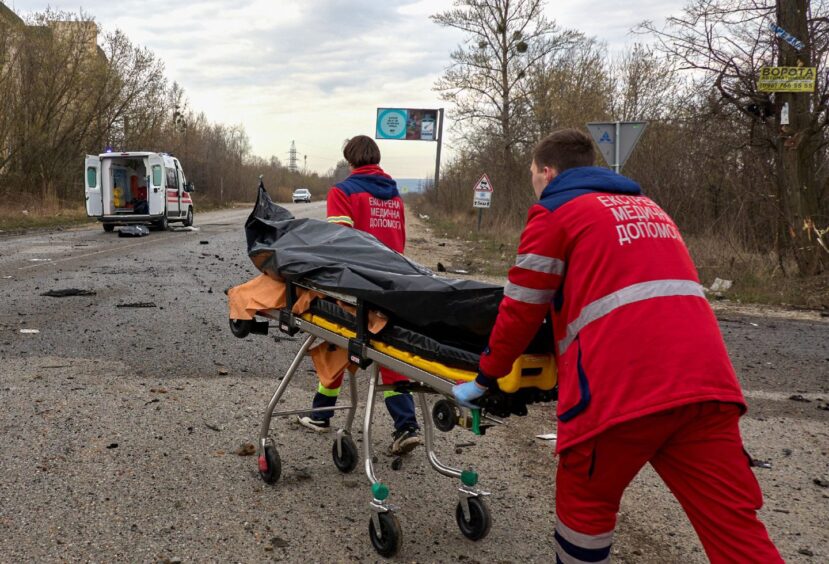 © SERGEY KOZLOV/EPA-EFE/Shutterstock
© SERGEY KOZLOV/EPA-EFE/Shutterstock